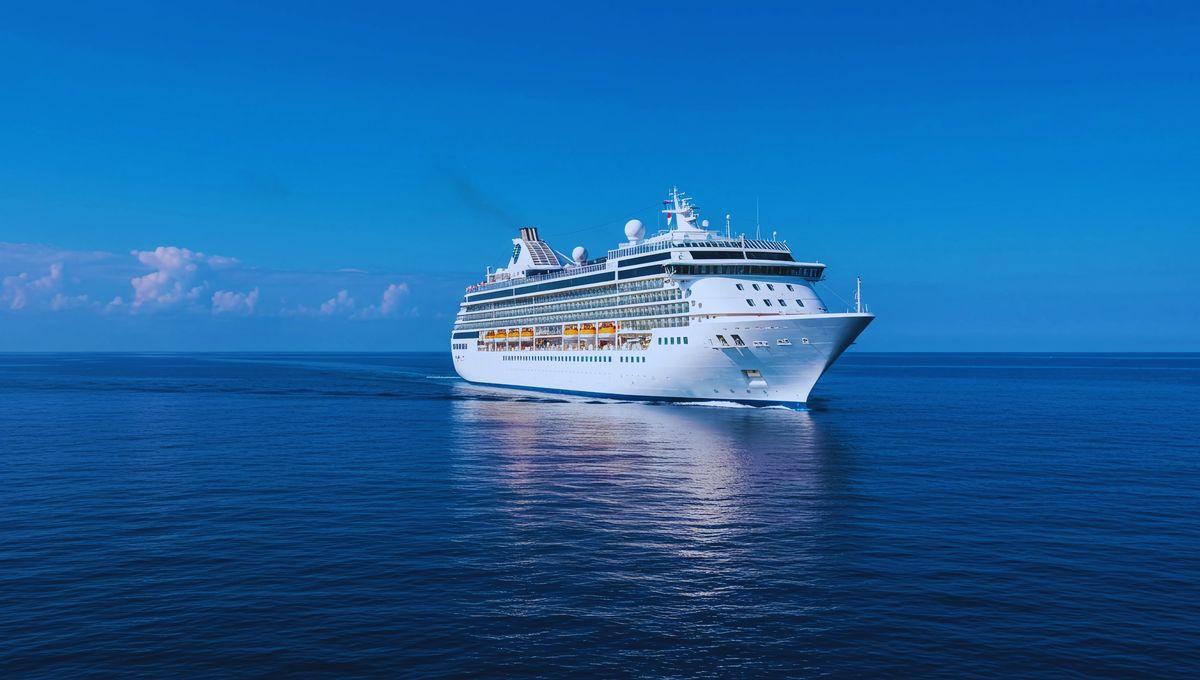Cruise ships and gastrointestinal (GI) illness seem to go hand in hand, especially this year. Microbes like norovirus are causing more cruise ship outbreaks off US waters than we've seen in almost 20 years, according to new data from the Centers for Disease Control and Prevention (CDC).
The rest of this article is behind a paywall. Please sign in or subscribe to access the full content. Last week, the organization reported an outbreak of norovirus aboard Royal Caribbean International’s Serenade of the Seas – the 19th GI outbreak and 14th norovirus outbreak so far this year. A total of 94 passengers and four crew members were taken ill on board the vessel. Outbreaks of GI illness onboard ships in or near US waters are tracked by the CDC’s Vessel Sanitation Program. Its data from this year reveal 19 outbreaks in just the first nine months, surpassing last year’s tally of 18 and 2023’s 14. It’s the highest number of outbreaks in a year since 2007. Norovirus has been the culprit in the vast majority of cases, with one attributed to ciguatera – a foodborne illness caused by eating contaminated tropical reef fish – and one to E. coli, while three cases are of unknown origin. So what’s going on? GI illnesses aren’t hopping on board for the live music and luxury buffet, so why are they so rife on cruise ships? “The high volumes of people and new environments that cruise travelers encounter can lead to illnesses onboard,” the CDC explains. “Illnesses can spread through contaminated food or water or from person to person. For example, touching handrails, elevator buttons, shared utensils, and other people can spread illness.” In 2024, more than 20 million passengers embarked from North American ports for a cruise, the organization adds – that’s a lot of potential sources of illness all mingling in one confined space. But don’t panic – if you are taking to the seas anytime soon, it doesn’t have to be plagued by vomiting and diarrhea. The CDC offers some helpful tips to protect yourself on board: The content of this article is not intended to be a substitute for professional medical advice, diagnosis, or treatment. Always seek the advice of qualified health providers with questions you may have regarding medical conditions. Why does norovirus run rampant on cruise ships?






